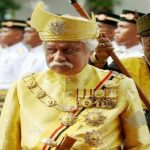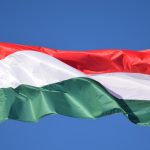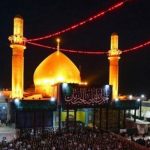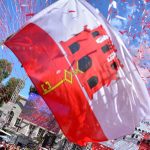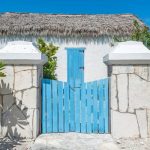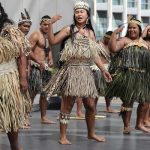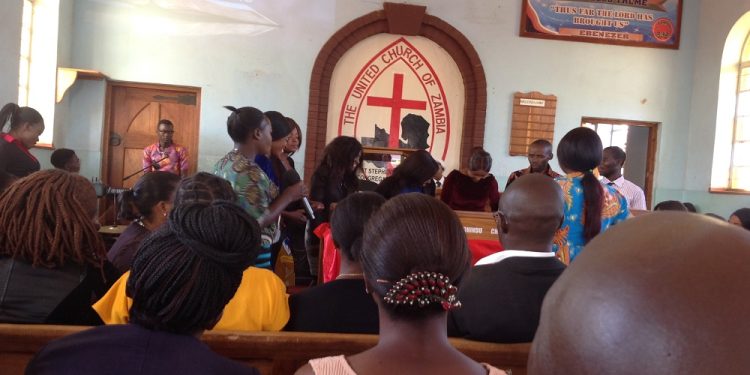
Unity Day in Zambia
Observed on the Tuesday following the first Monday in July, Unity Day is a public holiday observed in Zambia. This day is strategically observed after Heroes’ Day, which allows the citizens of the country to have an extra-long holiday weekend.
However, the real purpose of this holiday isn’t to give Zambians a break from school or work but is instead designed to foster unity among the many diverse groups that form the citizenry of this country.
Zambia is composed of 72 different ethnic groups, most of which speak Bantu languages. About 9 out of 10 Zambians fall into one of nine major ethnolinguistic groups that include the Tonga, Lunda, Bemba, Kaonde, and other ethnic groups.
The History of Unity Day in Zambia
As was the case with many African countries, there wasn’t a sense of national unity among the local tribes and kingdoms. Zambia had over 70 ethnic groups, all with their own dialects and/or languages. Many times, these tribes were at war with one another. This continued even after the country had been occupied as a colony of Great Britain.
In 1964, Zambia gained independence from Britain and worked toward finding a solution for bringing all of these diverse groups together under one national flag. Although Zambia has been mainly politically stable, it has had to weather the political chaos of many of its surrounding neighbors. That’s why Zambian President Edgar Lungu instituted Unity Day in 2015.
Observing Unity Day in Zambia
In Zambia, special prayers are held on Unity Day at various churches across the country. There are also cultural festivals that highlight the strengths of the different ethnic groups, sporting competitions, and a national address by the President of Zambia.
It’s also common for many Zambians to engage in community service projects that benefit everyone. These projects include planting trees, cleaning up neighborhoods, and building homes for people who need them.
